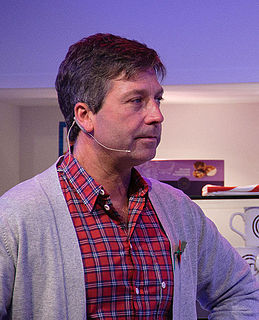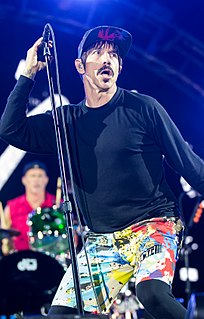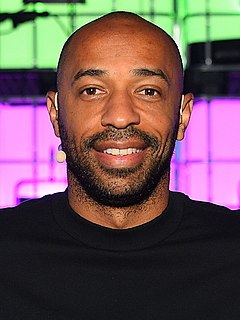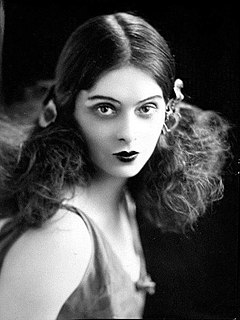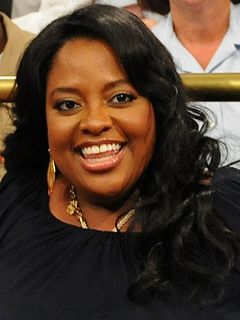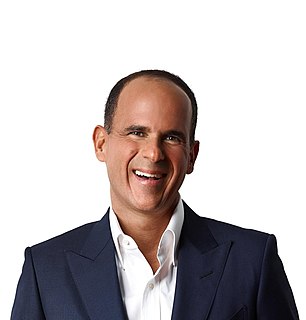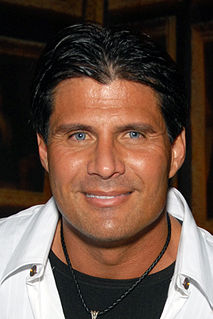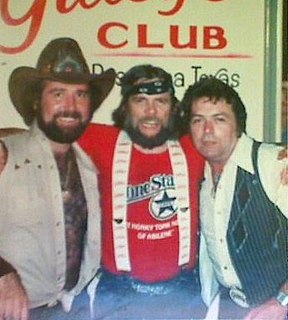A Quote by Anoushka Shankar
My father was a pioneer and a leader in the things he did and the way he did them.
Related Quotes
My father did lots of things. He had an orange-juice factory. He did real estate. He did commercial selling. He was always up and about doing all sorts of weird and wonderful things and being adventurous. I always admired his self-discipline. He was very good at getting everything done. He was very tidy.
Usually, you can figure out where a person's mistakes came from if you ask them the genesis of their thought process: 'Why did you do it this way?' As opposed to telling them they did it the wrong way. Understanding their thought process will ultimately help you be able to communicate with them and navigate around them.
As far as commercials were concerned, I did very few, and I did them only when they gave me carte blanche to them the way that I wanted to. And I did them as an exercise, because I, who do very long films, never thought I would be able to tell a story in 30 or 40 seconds - you come across a whole new system and manner of approaching a subject.



